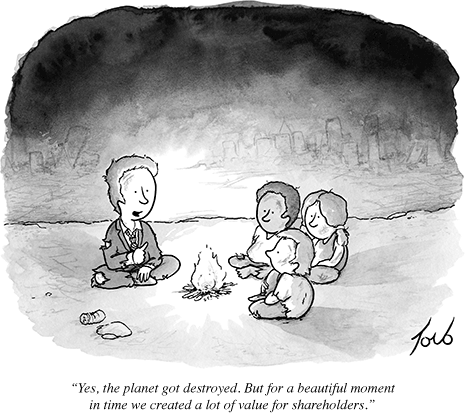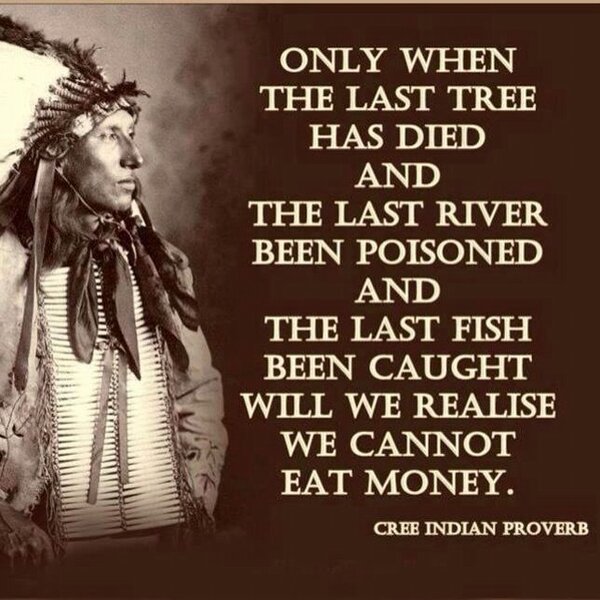Preaching texts: Isaiah 45:1-7, Matthew 22:15-22
We think of Jesus in many different ways: God, teacher, human being, savior, prophet, King, Lord, etc. One thing that never pops onto that last is comedian. We don’t think of Jesus as funny or witty or clever. Smart, yes, but not sly. The truth is however he was quite clever and our Gospel lesson today is proof of it. The Pharisees, his age-old enemies, are trying to trap him again, to catch him making what we’d call today a gaffe. “Is it lawful to pay taxes to Caesar or not?” Quite a question. If he says yes, they can turn the crowd against him by portraying him as a supporter of the hated Romans. If he says no, they can turn the Romans against him by portraying him as an agitator or insurrectionist. They’ve got him...or so they think.
Then Jesus escapes by making a pun.
Yeah, a pun. A play on words, a joke exploiting the different possible meanings of a word. The word in question is “image.” Imago in Latin, eikon in Greek, tselem in Hebrew. “Whose image is this on the coin of the tax?” Jesus asks them back. It is, of course, the face of Caesar Tiberius, the current ruler of Rome. But the word “image” is meant to evoke another thought, to harken those clever BIblical scholars back to the Genesis story where humankind is created in the “image of God.” Caesar’s image is on the coin, but whose image is on Caesar?
“Render unto Caesar” becomes, in a very real sense, redundant, for that too is a form of “rendering unto God.” Jesus escapes the trap but leaves us with a very different view of the world than we started with. Could it be that Caesar is an instrument of God’s will? Could it be that government serves a purpose in God’s plan? And to what end? To what purpose?
These are particularly difficult questions in these modern times and, in particular, in this country. We Americans, almost from birth, are programmed with a certain distrust and disdain for our government. “Washington” is often spoken with a sneer as if the whole city is tainted in someway by being the seat of government.
That "wretched hive of scum and villainy"
This animosity is made worse when the government is being run by “them,” that is to say the political party we don’t vote for. Those people. Those liberals! Those conservatives! We’re all full of invective when it comes to the other party running our government and all full of praise when it’s our guys in power.
I’m as guilty as anyone of this, as I’m sure you’re aware. And we all have good reason for our suspicions. As the old Spiderman saying goes, “With great power comes great responsibility” (and yes, I have a movie quote for every occasion.) Who has more power than those who make the laws that govern our land? Laws that can heal and help, or hurt and harm. We love the former (inasmuch as we’re the ones being helped) and hate the latter.
Every government, every political party, every policy proposal has its flaws, because they are the creations of human beings. Sinful flawed humans like us. But in the same way that God takes our broken selves and makes something more of them through his grace, he does also with the power-that-be of our world. The government, the corporation, the church all have their purpose in God’s plan.
Luther speaks of this in his writing. He speaks of the secular powers as the left hand of God, the Kingdom of the Left, whose purpose is to establish peace and order here on Earth. The Church is seen as God’s right hand, the Kingdom of the Right, offering grace, mercy, forgiveness, and salvation for the world to come. This is what is known as his “Two Kingdoms” doctrine. I would argue however that the kingdom of the Left serves an additional purpose. Peace and order are good and necessary for human civilization, but I also believe they are the instruments of justice in our world.
And that, that is truly when government serves the purposes of God.
Consider our first lesson. Isaiah the prophet speaks of a man named Cyrus. Who is that? Well, Cyrus is King Cyrus the Great, ruler of the Persian Empire in the 6th century BC. One of the most powerful men in the world. His empire is on the rise, threatening the borders of declining Babylon. Babylon who has enslaved God’s people for a generation. What will this new king do when he marches into town with his armies? Will he be another tyrant? Or a liberator?
The way Isaiah’s prophecy reads, it could go either way. But when Cyrus does invade and he does conquer Babylon, he proves a man of justice. He sets the slaves free, sends the Israelites home. He brings liberty to the captives, justice to the oppressed. There’s a reason he is the only other Biblical figure besides Jesus to carry the title “Messiah.” God’s anointed, come to set his people free.
What would our government look like if it served the purposes of God? We, of course, like our rhetoric about how this is supposed to be a “Christian nation,” but all too often that’s used as a bludgeon against people. People who don’t measure up morally or who worship in ways different than us. That’s not justice. To me, a Christian nation would be one that follows as best it can the teachings of Jesus: One where the poor are cared for, the sick healed, and the stranger welcomed. In many ways, that’s what our Founders truly envisioned. That’s the dream of America, a place where nothing would hinder the pursuit of life, liberty, and happiness. Not poverty. Not sickness. Not the tyranny of petty men. Nothing.
Of course, the dream and the reality are often very far apart. America is still a nation made up of flawed sinful human beings and that is, as it is everywhere, reflected in our laws and government. We’re not perfect, but we could be better. As a republic, based on the idea that we have a say in how our government is run, we have a great opportunity to steer the ship of state towards or away from God’s image of justice. That question confronts everyone of us.
God used Cyrus to bring justice to his people. Jesus implies the same of Caesar. In this great republic that we live, that call now comes to us as citizens and disciples of Jesus. What are we going to do with it? Work to make truer the words of our pledge, that this is a land dedicated to “liberty and justice for all?” Or let apathy, cynicism, or selfishness lead us down a darker path, where the rights and privileges of our society are only for a few based on their skin color, gender, or economic status? The choice is before each one of us. What are we going to do? Amen.







